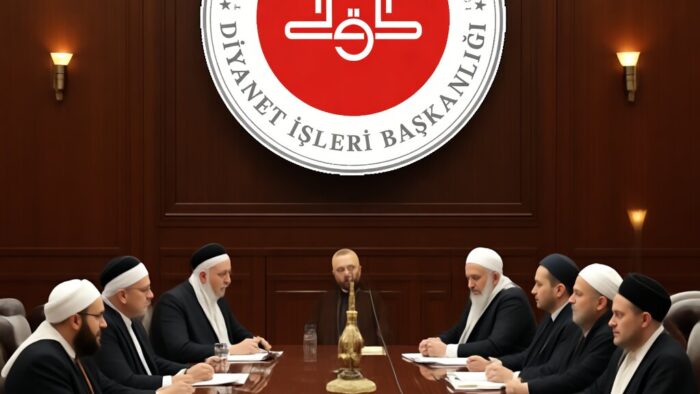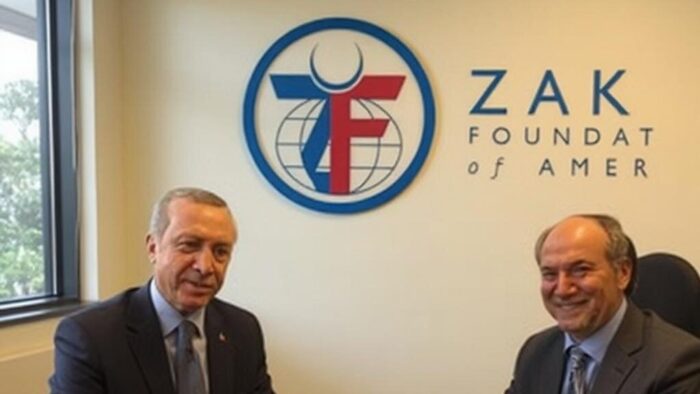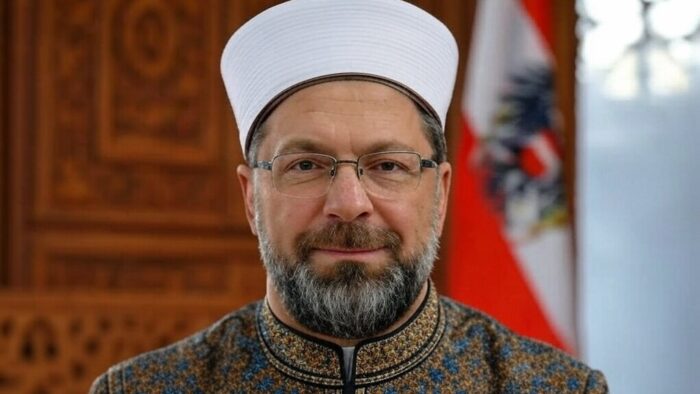Flemish Minister for Employment Zuhal Demir has urged Foreign Affairs Minister Maxime Prévot to launch an investigation into the alleged abuse of the Flanders immigration system by the Turkish authorities. On 19 October 2025, The Brussels Times reported that Turkey had abused visa-free passports to send imams to Flanders to influence third and fourth-generation Flemish Turks. The article begins:
Flemish Minister for Employment Zuhal Demir has accused Turkey of abusing visa-free green passports to send pro-Erdogan imams to Belgium to influence third and fourth-generation Flemish Turks. She has urged Foreign Affairs Minister Maxime Prévot to launch an investigation, according to a press release issued on Sunday. Green passports allow Turkish nationals, who would usually require a visa to enter Europe, to legally stay for up to 90 days. In Flanders, the passports also exempt holders from applying for a work permit, a requirement introduced in 2019 for religious representatives of recognised faith communities. Demir highlighted that these regulations were tightened to limit foreign governments’ influence on local religious communities. In 2024 alone, 18 work permit applications were submitted by religious representatives, of which 17 were rejected for this reason.
Key Points
-
Flemish Minister Zuhal Demir accused Turkey of using green passports to send pro-Erdogan imams to Flanders to influence Turkish diaspora communities.
-
Green passport holders are exempt from work permit requirements in Flanders, a loophole allegedly exploited by Ankara to deploy Diyanet-affiliated imams.
-
In 2024, 17 out of 18 religious work permit applications were rejected due to foreign influence concerns, highlighting systemic scrutiny.
-
Neighboring countries including Germany and France have taken steps to curb Diyanet’s influence, with Germany deporting imams over espionage concerns.
Diyanet: Erdogan’s Influence Vehicle over European Muslims
Diyanet operates as Turkey’s state religious authority responsible for managing religious affairs, and sends imams to mosques across Europe with salaries paid by Ankara or Turkish consulates. Diyanet’s budget for construction, maintenance, and programs of thousands of affiliated mosques is provided by the Turkish government, with missionaries and managers sent by Ankara receiving government salaries.
Its German branch, the Turkish-Islamic Union for Religious Affairs (DITIB), manages over 900 mosques in Germany alone, with the Diyanet determining theological guidelines for imams’ sermons while maintaining organizational and financial ties directly to President Erdogan’s administration. German authorities and political leaders have urged government action to restrict DITIB’s influence locally to reduce foreign influence, while France closed the Diyanet’s bank accounts and ended programs allowing countries to send imams without French oversight. DITIB representatives hold seats on advisory boards of Islamic theology programs at German universities and cooperate with state schools, embedding Turkish religious influence within European educational systems. Austria’s IGGÖ signed a memorandum with Diyanet in 2025 to deepen institutional cooperation, sparking controversy due to Erbaş’s discriminatory rhetoric and highlighting growing tensions over foreign religious influence in European Muslim communities.
External references:
- The Many Faces of Turkey’s Religious Soft Power
- The transnational politics of religion: Turkey’s Diyanet, Islamic communities and beyond
- Turkey’s Diyanet, Muslim Brotherhood to woo European Muslims
Disclaimer:
The Global Influence Operations Report (GIOR) utilizes AI throughout the posting process, including the generation of summaries for news items, introductions, key points, and, often, the “context” section. We recommend verifying all information before use. Additionally, all images are generated using AI and are intended solely for illustrative purposes. While they represent the events or individuals discussed, they should not be interpreted as real-world photography.











